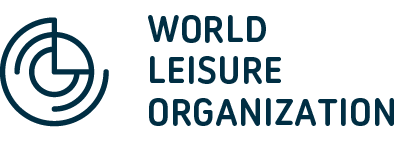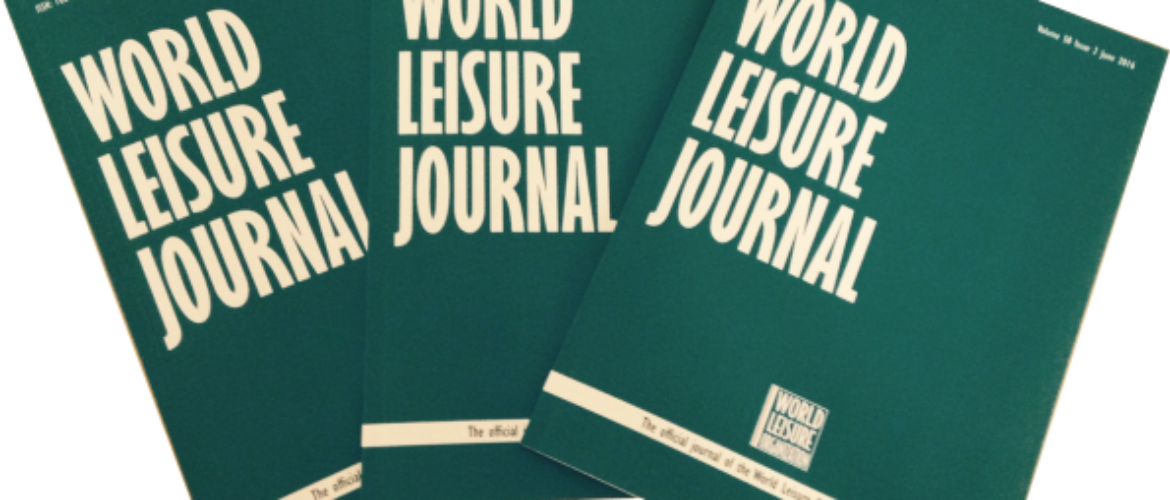Throughout the world, children and youth are experiencing changes in their surroundings that influence, enhance or challenge their leisure experiences. These events occur individually, but also within peer groups, families, communities, and social media and technology. There are many health, economic, educational, and environmental factors that children and youth face and will continue to confront in the future, but there are also opportunities to nurture resiliency and growth. An African proverb states, It Takes a Village to Raise a Child. We invite those with empirical data, theoretical and analytical frameworks, and evidence-based practice to submit manuscripts that focus on leisure services/programs that play an important role in their village. We encourage studies that elucidate how collaboration with other areas and interdisciplinary approaches promote positive youth development. We want to know what empirically-based outcomes are linked to this research and how these can be applied to practice around the globe.
Papers are therefore invited to cover but are not limited to the following themes surrounding leisure for children and youth:
- Immigrants and refugees
- Poverty and low income
- Homelessness
- Race and ethnicity
- Gender
- Inclusion and disabilities (physical, cognitive, emotional/psychological, and/or social)
- LGBT
- Families
- Cultural responsiveness
- Community youth development
- Youth engagement and decision making
- Youth policy
- Prediction-Prevention-Intervention paradigms
- Out-of-school time
- Nature and outdoors
- Camps
- Expressive Arts
- Sport
- Technology
- Assessments for positive youth development
Potential authors are strongly encouraged to contact guest editor Cari Autry to discuss potential submissions to assure topics fit the special issue.
Manuscript Submission Procedure
Submit to both Guest Editors, Cari E. Autry (autryca18@ecu.edu) and Clifton E. Watts (wattsc@ecu.edu).
The complete style and reference guide can be found at: http://www.informaworld.com/rwle or in the back cover of recent issues of the Journal. In brief:
- All manuscripts must be in English and must not exceed 5000 words all inclusive. Manuscripts that exceed this limit will not be reviewed until they conform.
- Manuscripts must be double spaced in 12 pt New Times Roman.
- Manuscripts must adhere to the Publication Manual of the American Psychological Association (APA, 6th edition).
- Manuscripts should be sent as e-mail attachments in doc or docx formats.




